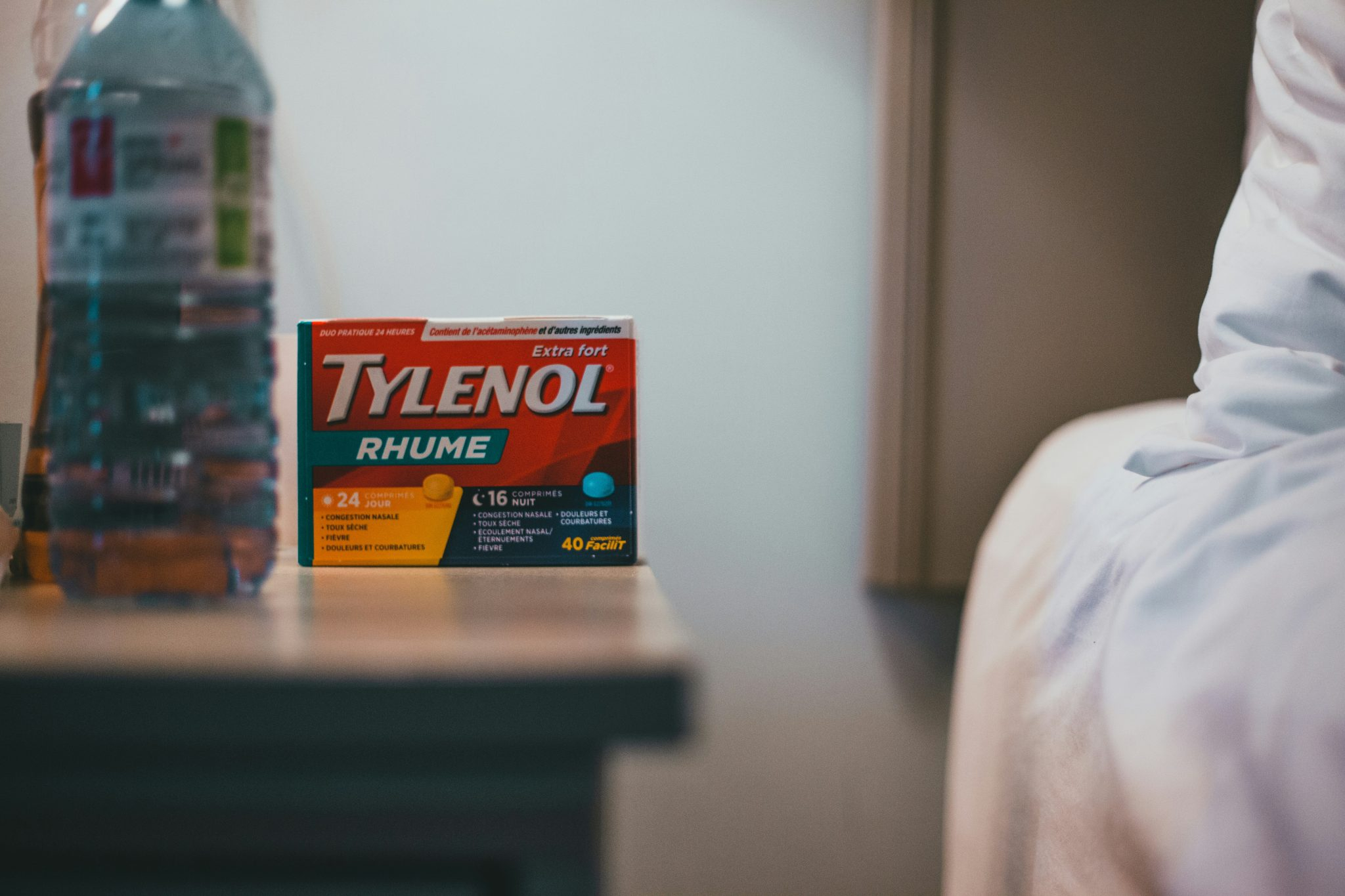Food Allergies and Emergency Response: Life-Saving Techniques for Severe Reactions
Food allergies can be life-threatening, especially when a severe reaction occurs. For those living with food allergies, knowing how to react in an emergency situation can mean the difference between life and death. In this article, we will discuss the basics of food allergies and emergency response, as well as some life-saving techniques for severe reactions.
Understanding Food Allergies
Food allergies occur when the body’s immune system reacts to a specific food. This reaction can range from mild discomfort to a life-threatening situation known as anaphylaxis. The most common food allergens include peanuts, tree nuts, shellfish, dairy, eggs, soy, and wheat. However, any food has the potential to trigger an allergic reaction.
Symptoms of an Allergic Reaction
The symptoms of an allergic reaction can vary and may include hives, swelling of the lips, tongue or throat, difficulty breathing, nausea, vomiting, abdominal pain, and dizziness. In severe cases, anaphylaxis can occur, which can lead to a rapid pulse, drop in blood pressure, loss of consciousness, and even death. It is crucial to recognize the signs of an allergic reaction and act quickly to prevent it from escalating.
Emergency Response
If you or someone you know is experiencing an allergic reaction, it is essential to take immediate action. Here are some steps you can take in an emergency situation:
1. Administer Epinephrine
Epinephrine, also known as adrenaline, is the first-line treatment for anaphylaxis. It works by opening the airways and increasing blood pressure, providing immediate relief. If you or someone else has been prescribed an epinephrine auto-injector, such as an EpiPen, use it immediately as directed.
2. Call 911
Even if symptoms start to improve after administering epinephrine, it is crucial to seek immediate medical attention. Anaphylaxis can sometimes return, so it is essential to have a healthcare professional assess the situation and administer further treatment if necessary.
3. Take Antihistamines
Antihistamines, such as Benadryl, can help to relieve mild allergy symptoms. However, they are not a substitute for epinephrine and should only be taken after administering epinephrine and seeking medical attention.
4. Seek a Safe Space
If you or someone else is experiencing an allergic reaction, it is essential to find a safe and quiet place to rest. Lying down can help to prevent dizziness and loss of consciousness. If possible, elevate the feet to improve blood flow.
Preventing Severe Reactions
While it is impossible to avoid all food allergens, there are some steps you can take to minimize your risk of severe allergic reactions:
1. Avoid Triggers
The most effective way to prevent allergic reactions is to avoid the foods that trigger them. Be cautious when dining out and always read labels carefully before consuming any food or beverage.
2. Carry Medication
If you have a diagnosed food allergy, be sure to carry your prescribed medication with you at all times. This includes epinephrine and antihistamines. Make sure they are not expired, and you know how to use them correctly.
3. Wear Medical Alert Identification
In case of an emergency, wearing a medical alert bracelet or necklace can help medical professionals quickly identify your specific allergies and respond accordingly.
4. Educate Others
It is essential to educate family, friends, and caregivers about your food allergies and the necessary emergency response procedures. They should also be aware of the signs and symptoms of an allergic reaction and know how to use your prescribed medication in case of an emergency.
Conclusion
Food allergies can be frightening, but with proper education and preparation, severe reactions can be managed effectively. If you or a loved one has a food allergy, it is crucial to understand the basics of emergency response and take the necessary precautions to prevent life-threatening situations. Remember to always act quickly and seek immediate medical attention in case of an allergic reaction.










